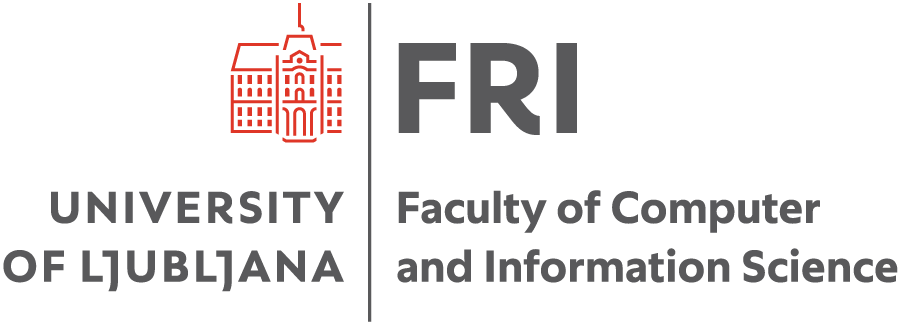- Credits:6
- Semester: summer
- Contents
To survive in the brave new digital world students have to get acquainted with the programming toolbox and make at least a byte shovel. The word is about algorithms and data structures, which in computer science are basic tools to transfer ideas and dreams into reality.
If one does not want to reinvent the wheel, it is wise to know at least the frequently used algorithms and some well tested and successful methods for development of new algorithms. In general, it seems that standing on the shoulders of giants is the best strategy for a quick progress. In high altitude one sees farther, so one should know about spatial data structures and climb the k-d, R, and van Emde-Boats trees. The course will drop comparison sort and make some assumptions to sort in linear time. Standard toolbox includes algorithms from computational geometry and use of linear programming and hash functions. When exact methods do not work, local search, heuristic problem solving and biologically inspired methods can be a solution. Knowing what tool (algorithm) to use in which circumstances is also essential, so one has to compare different algorithms. Will my new algorithm run a few seconds, a few minutes, or a few millennia? The course will offer a way to answer these questions through the analysis of computational complexity, in particular with probabilistic and amortized analysis. Luckily, nowadays processors have more and more cores, so knowledge of parallel and distributed algorithms comes handy.
The students who haven’t learnt enough of algorithms in their first degree study will be offered additional contents as a self-study at the beginning of the semester.
Practical part is in the form of programming assignments, solving problems, and web quizzes. Assistant is available for consultations. The grade of practical work is a joint grade of three assignments, which have to be finished on time and graded with at least 50% of points. The precondition for passing practical work is achieving at least 50% of points in web quizzes.
The final course grade consists of practical work grade (50%) and written exam (50%), in both parts one has to achieve at least 50% of points. Oral exam is optional.
- Study programmes
- Distribution of hours per semester
- Professor

